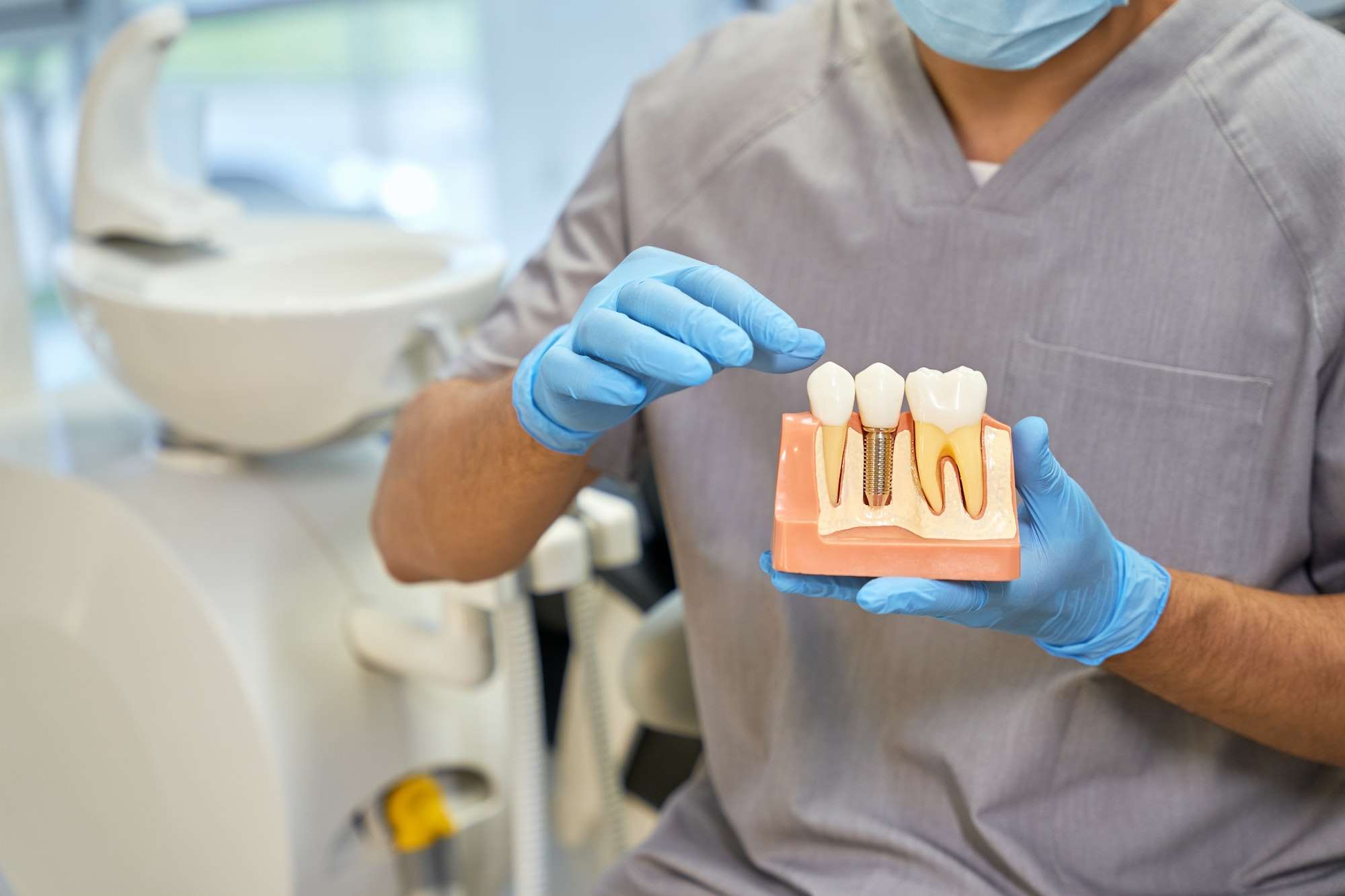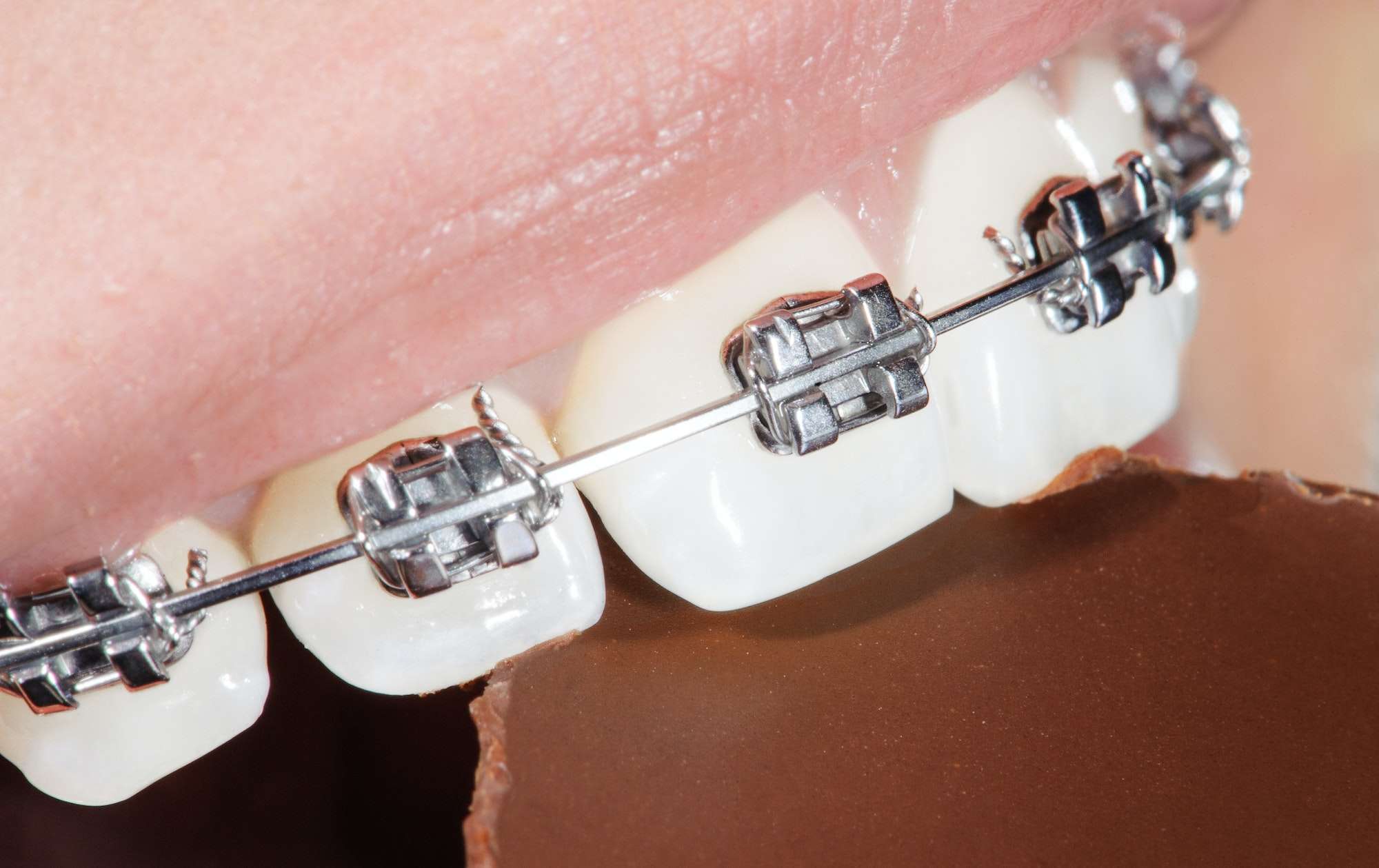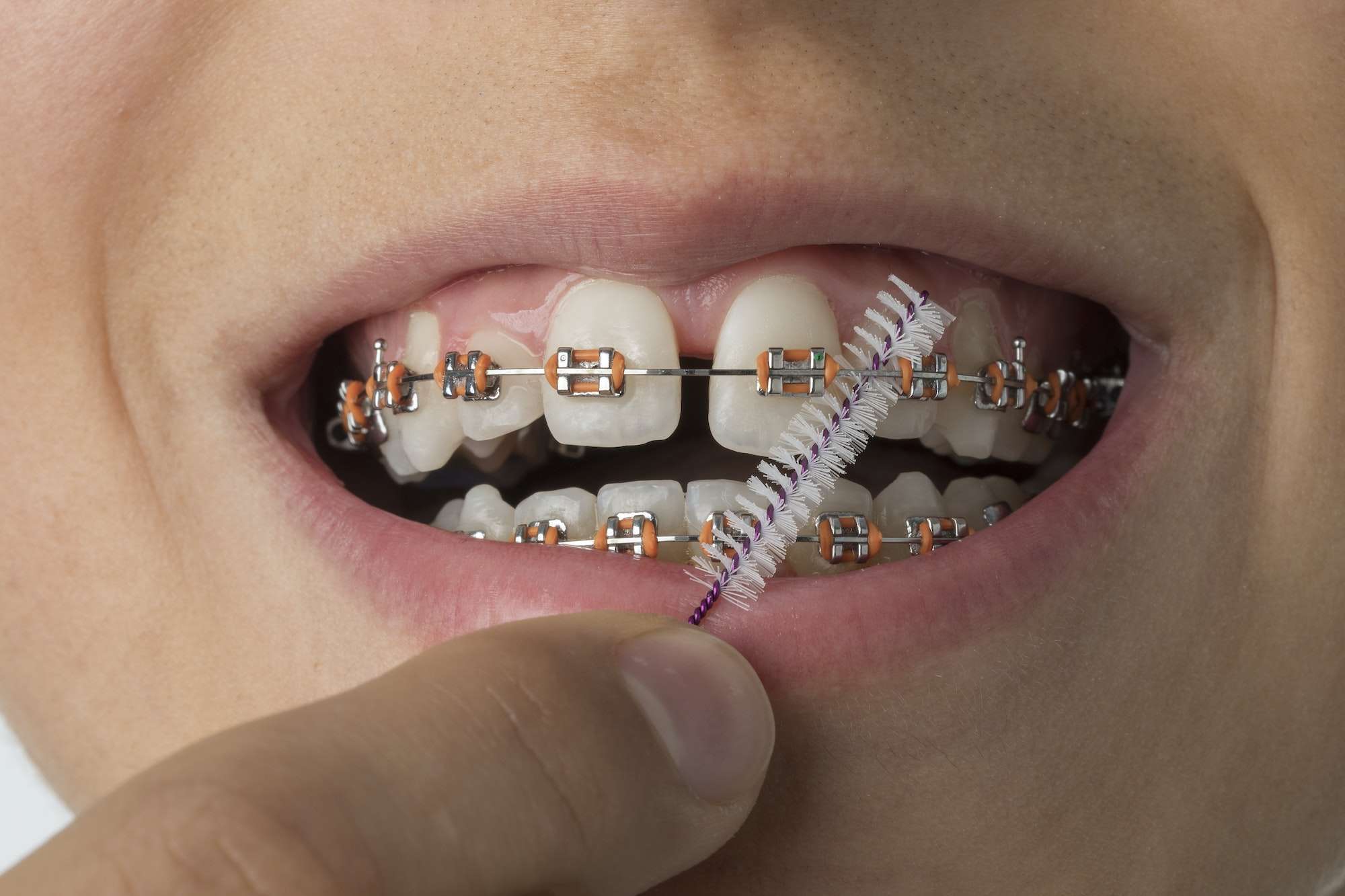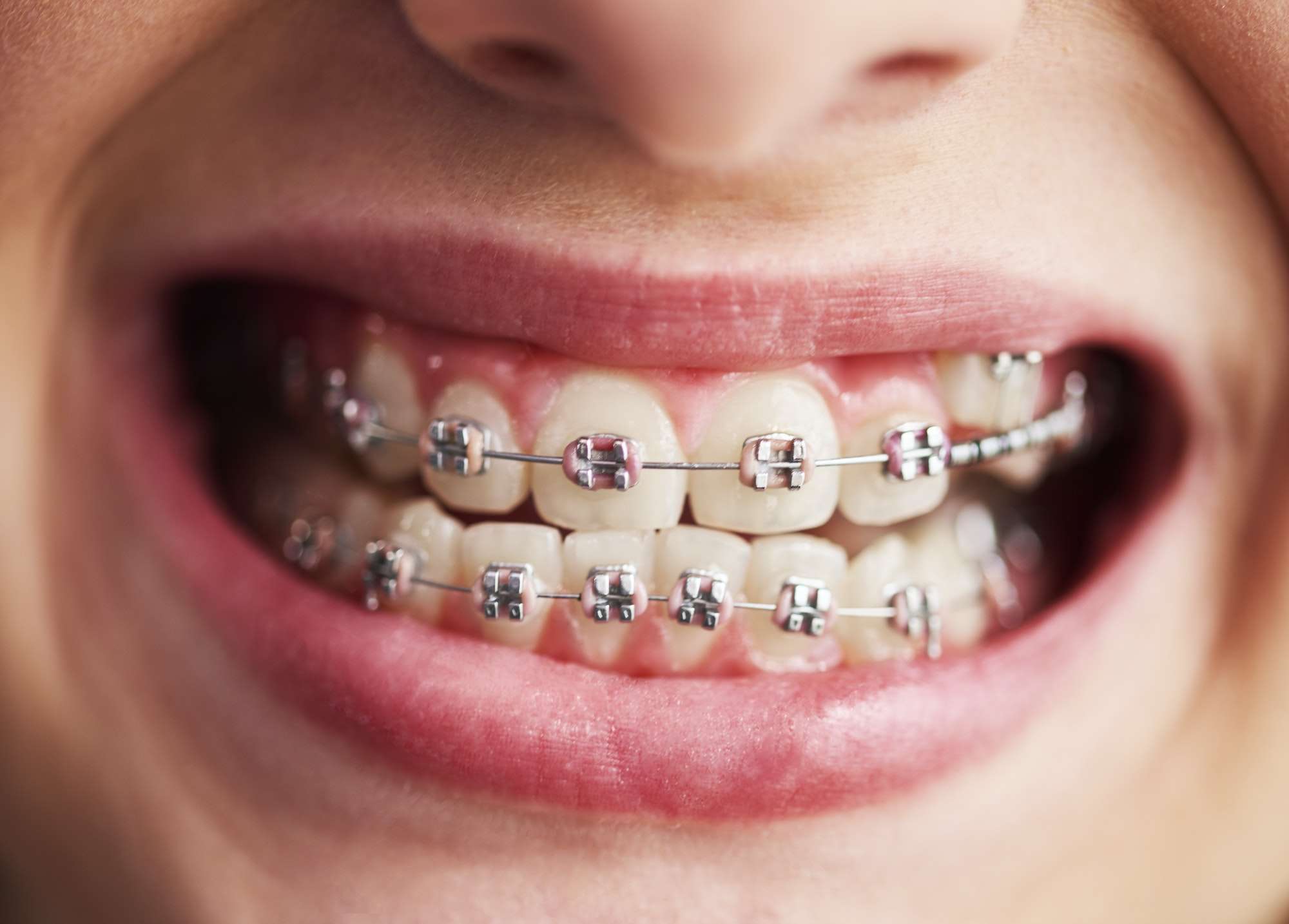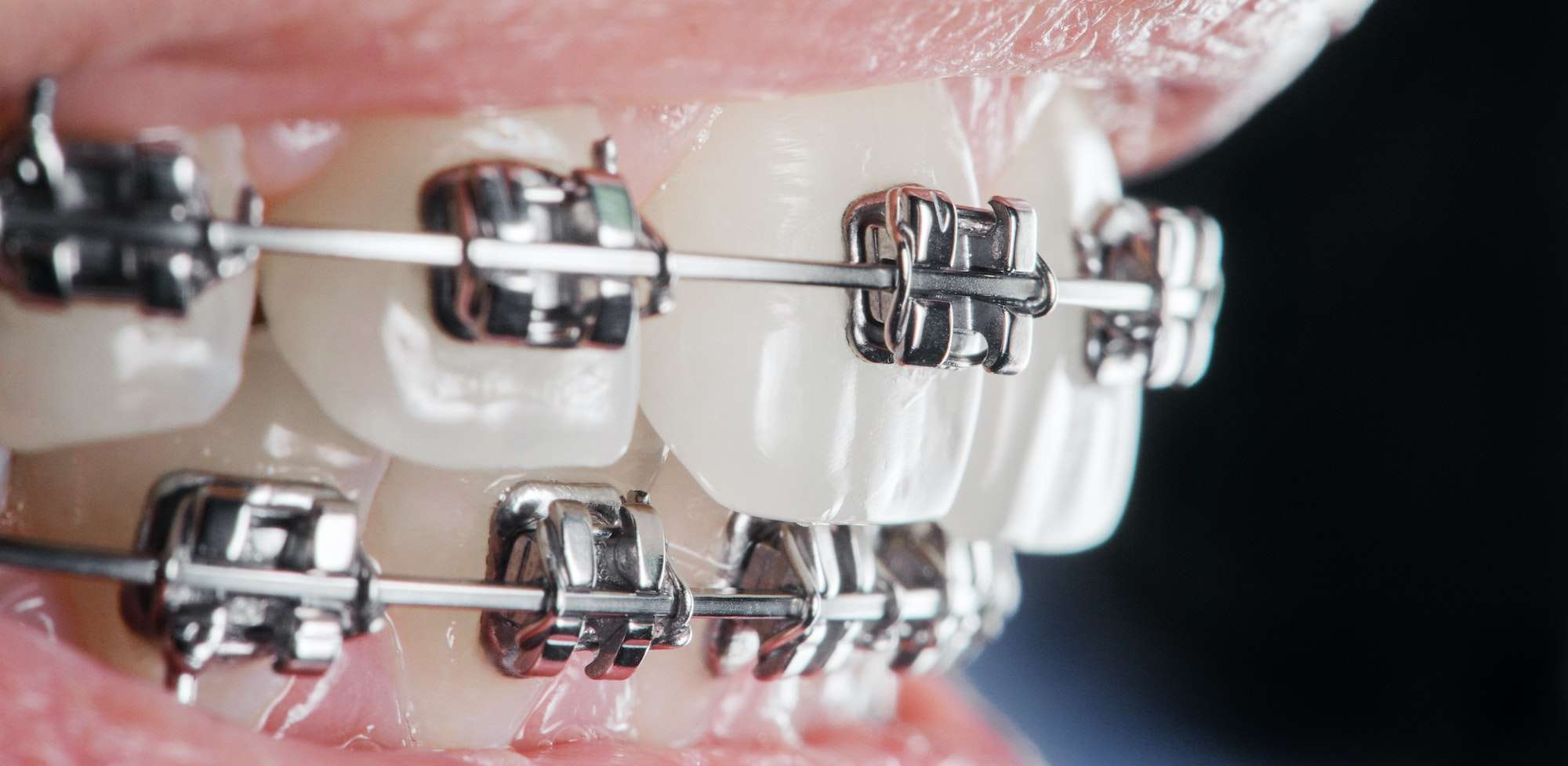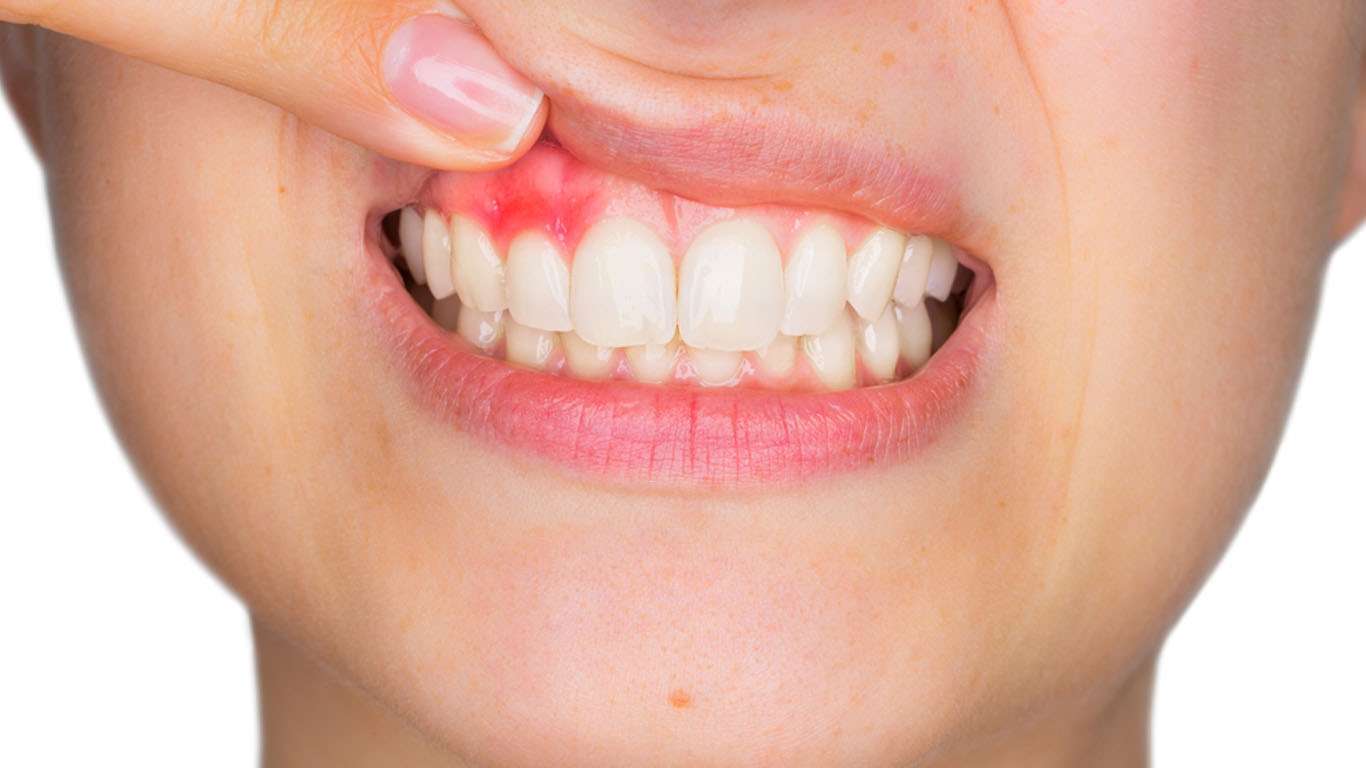
Toothaches can be a real pain, both literally and figuratively. They can disrupt your daily routine and make it difficult to focus on anything else. But what causes toothaches, and how can you get rid of them for good? Understanding the root causes of toothaches is crucial to finding effective treatments that will provide long-lasting relief. From tooth decay to gum disease to cracked teeth, there are many factors that can contribute to toothaches. And while over-the-counter painkillers can provide temporary relief, they often fail to address the underlying issue. In this article, we’ll explore the common causes of toothaches and the most effective treatments available, so you can say goodbye to toothaches once and for all.
Common Causes of Toothaches
Toothaches can be caused by a variety of factors. Some of the most common causes include dental conditions, tooth decay, gum disease, tooth fractures, and sinus infections. Understanding the root cause of your toothache is important in determining the most effective treatment. Let’s take a closer look at each of these causes.
Dental Conditions that Cause Toothaches
Dental conditions such as cavities, abscesses, and impacted wisdom teeth can cause toothaches. Cavities occur when bacteria in the mouth produce acid that erodes the tooth enamel. This can lead to a hole in the tooth, which can expose the sensitive inner layer of the tooth, causing pain. Abscesses occur when bacteria infect the root of the tooth, causing a build-up of pus and swelling. This can cause severe pain and may require a root canal or extraction. Impacted wisdom teeth occur when the wisdom teeth do not have enough room to emerge properly, causing pain and swelling in the gums.
Tooth Decay and Toothaches
Tooth decay is one of the most common causes of toothaches. It occurs when bacteria in the mouth produce acid that erodes the tooth enamel. This can lead to a hole in the tooth, which can expose the sensitive inner layer of the tooth, causing pain. In some cases, the decay can reach the nerve of the tooth, causing severe pain. Treatment for tooth decay may include filling the cavity, a root canal, or extraction.
Gum Disease and Toothaches
Gum disease, also known as periodontal disease, can cause toothaches. It occurs when bacteria in the mouth infect the gums, causing inflammation and bleeding. If left untreated, gum disease can cause the gums to recede, exposing the roots of the teeth. This can cause sensitivity and pain. Treatment for gum disease may include scaling and root planning, antibiotics, or surgery.
Tooth Fractures and Toothaches
Tooth fractures can cause toothaches. They can occur from trauma to the tooth, biting down on hard objects, or from grinding the teeth. A fractured tooth can expose the sensitive inner layer of the tooth, causing pain. Treatment for a fractured tooth may include filling the crack, a crown, or extraction.
Sinus Infections and Toothaches
Sinus infections can cause toothaches. The sinuses are located near the roots of the upper teeth, and an infection in the sinuses can cause pain in the upper teeth. This pain may be accompanied by other symptoms such as congestion, fever, and headache. Treatment for a sinus infection may include antibiotics, decongestants, or nasal sprays.
Home Remedies for Toothaches
While over-the-counter painkillers can provide temporary relief for toothaches, there are also several home remedies that may help alleviate pain and discomfort. Some of these remedies include:
Saltwater rinse:
Mix a teaspoon of salt with warm water and swish it around in your mouth for a few minutes.
Clove oil:
Apply a small amount of clove oil to the affected tooth using a cotton swab.
Peppermint tea:
Brew a cup of peppermint tea and let it cool. Swish it around in your mouth before spitting it out.
Garlic:
Crush a garlic clove and apply it to the affected tooth. Garlic has antibacterial properties that may help alleviate pain.
Professional Treatments for Toothaches
If home remedies and over-the-counter painkillers do not provide relief, it may be necessary to seek professional treatment for a toothache. Some of the most effective professional treatments include:
Dental filling:
If the toothache is caused by a cavity, a dental filling may be necessary to fill the hole in the tooth.
Root canal:
If the toothache is caused by an infection in the root of the tooth, a root canal may be necessary to remove the infected tissue and alleviate pain.
Tooth extraction:
If the tooth is severely damaged or infected, extraction may be necessary to alleviate pain and prevent further damage.
Scaling and root planning:
If the toothache is caused by gum disease, scaling and root planning may be necessary to remove the bacteria and plaque from the gums.
Prevention Tips for Toothaches
Prevention is key when it comes to toothaches. Some tips for preventing toothaches include:
– Brushing and flossing regularly to remove bacteria and plaque from the teeth and gums.
– Eating a healthy diet that is low in sugar and high in nutrients that promote healthy teeth and gums.
– Avoiding hard foods that can damage the teeth.
– Wearing a mouthguard while playing sports to protect the teeth from trauma.
Toothaches can be a real pain, but understanding the root causes and effective treatments can provide long-lasting relief. From tooth decay to gum disease to sinus infections, there are many factors that can contribute to toothaches. While home remedies and over-the-counter painkillers can provide temporary relief, seeking professional treatment may be necessary for long-term relief. Preventing toothaches through proper oral hygiene and a healthy lifestyle is the best way to avoid the pain and discomfort associated with toothaches.






